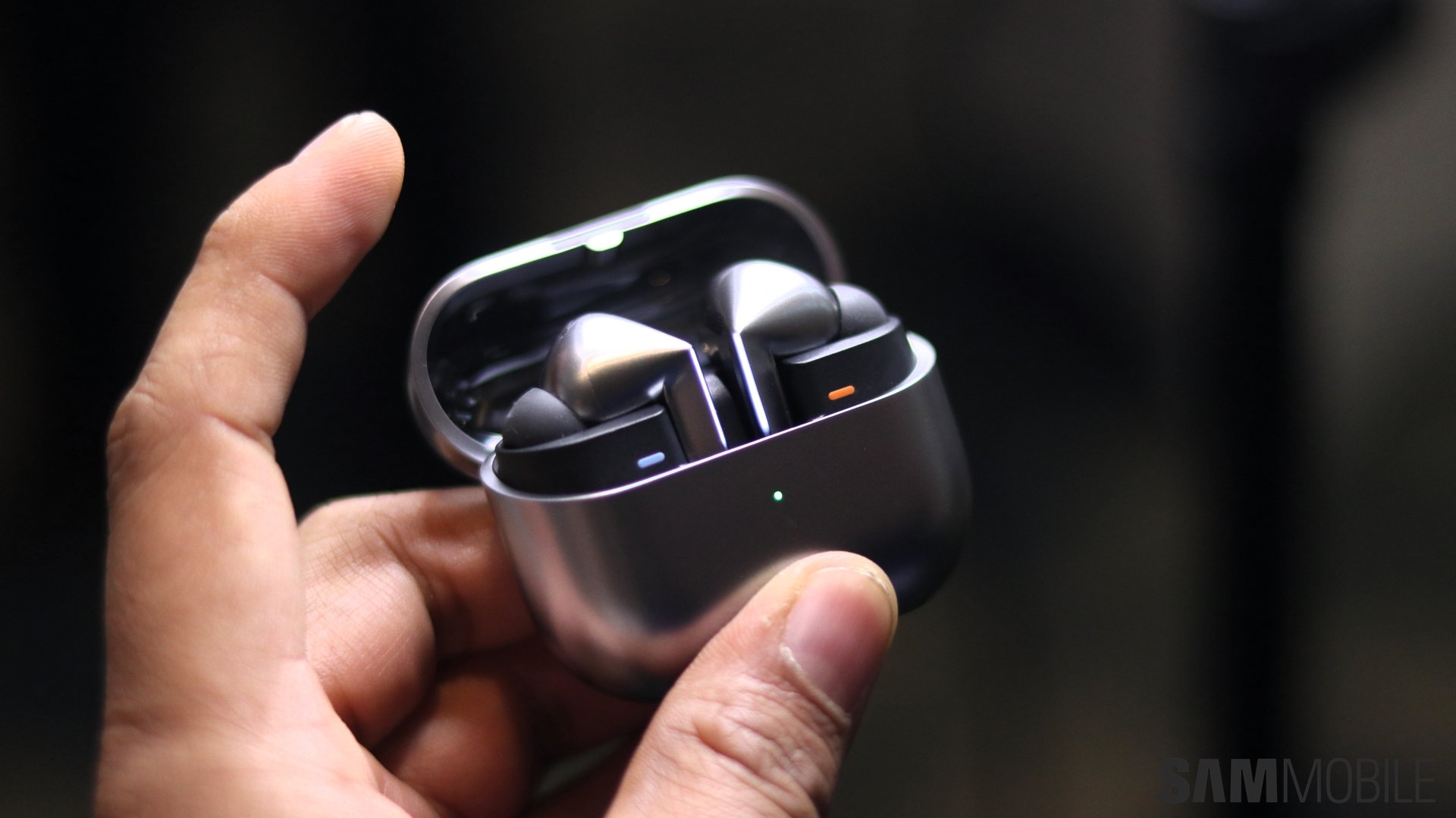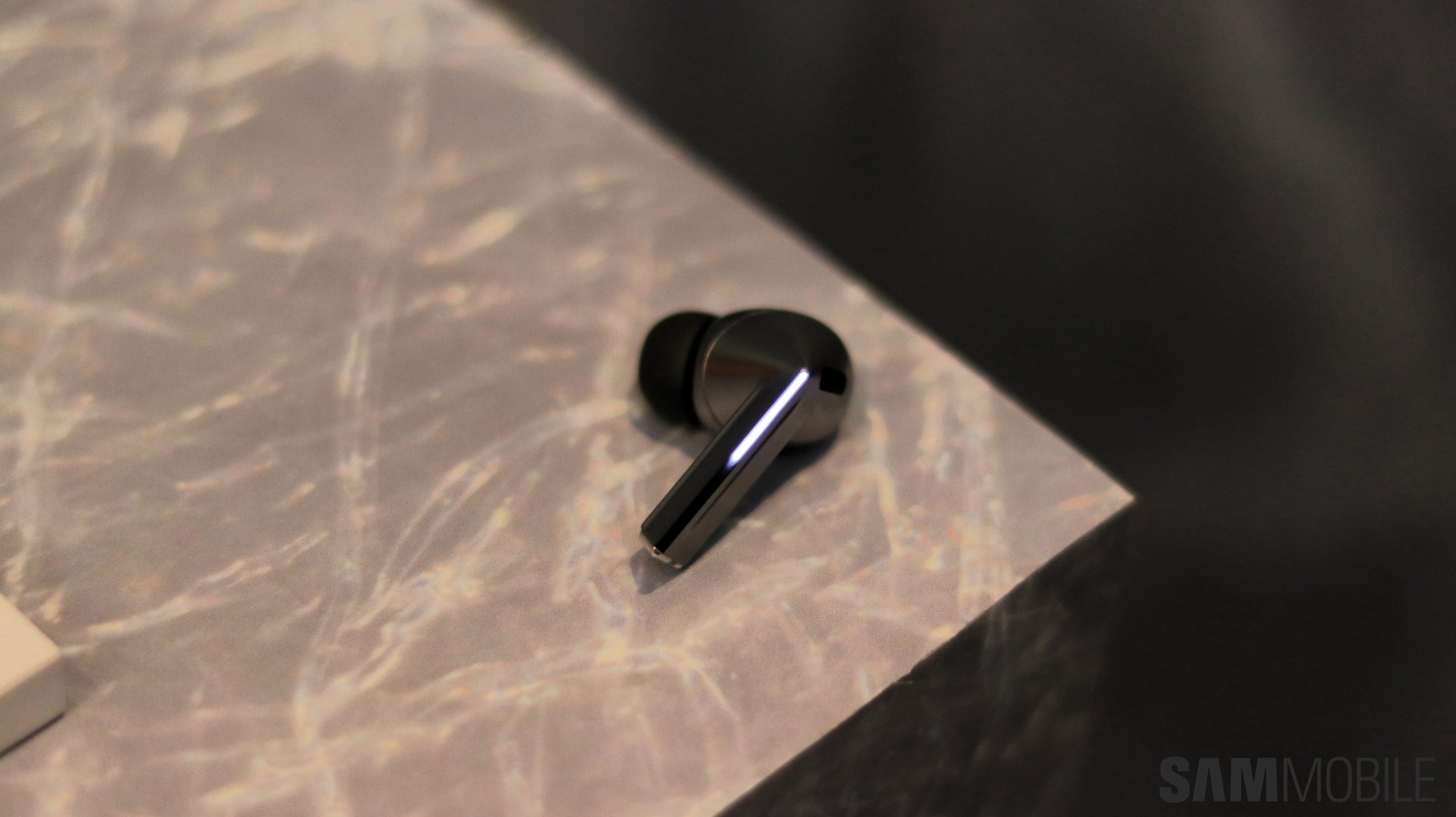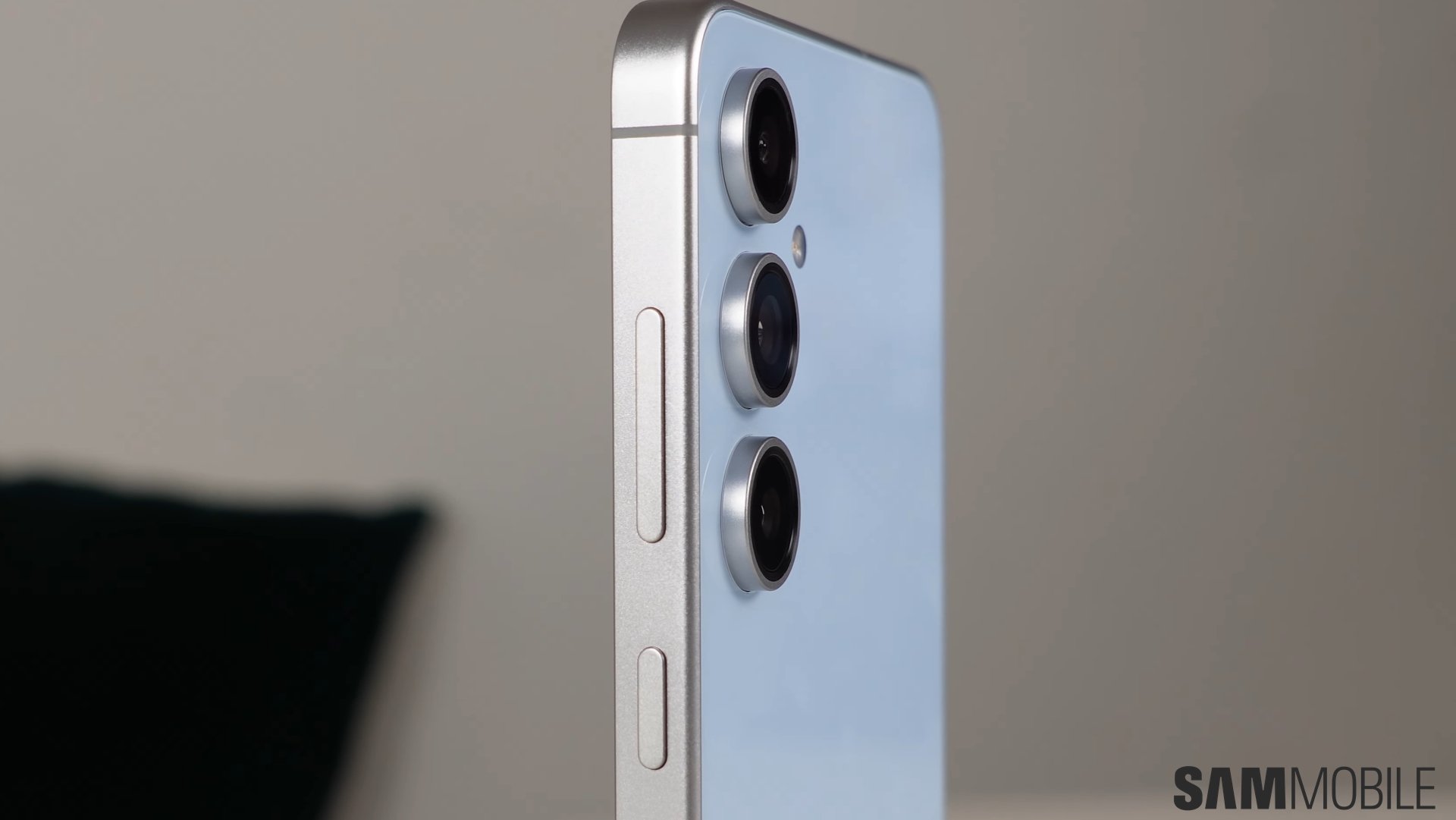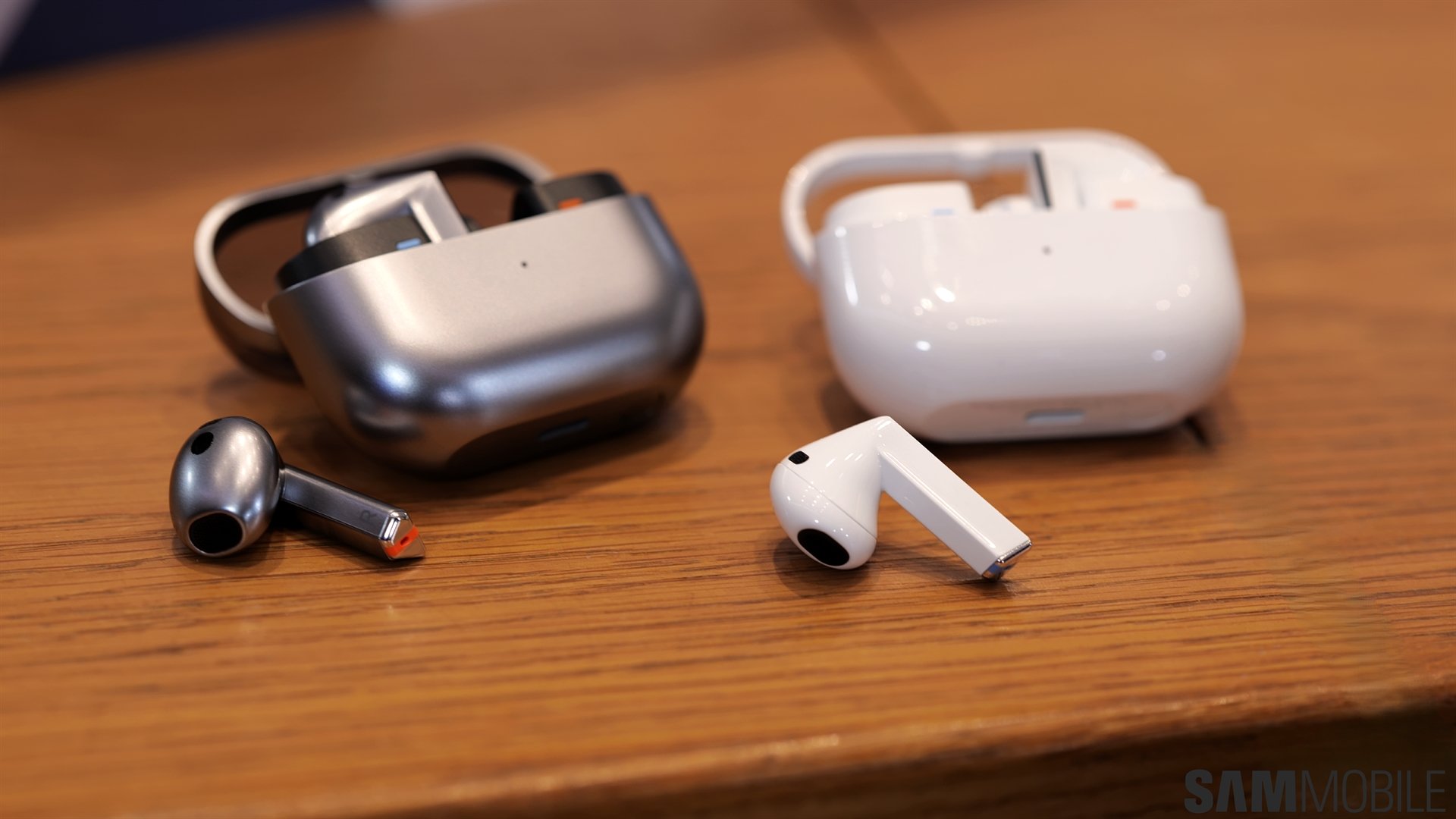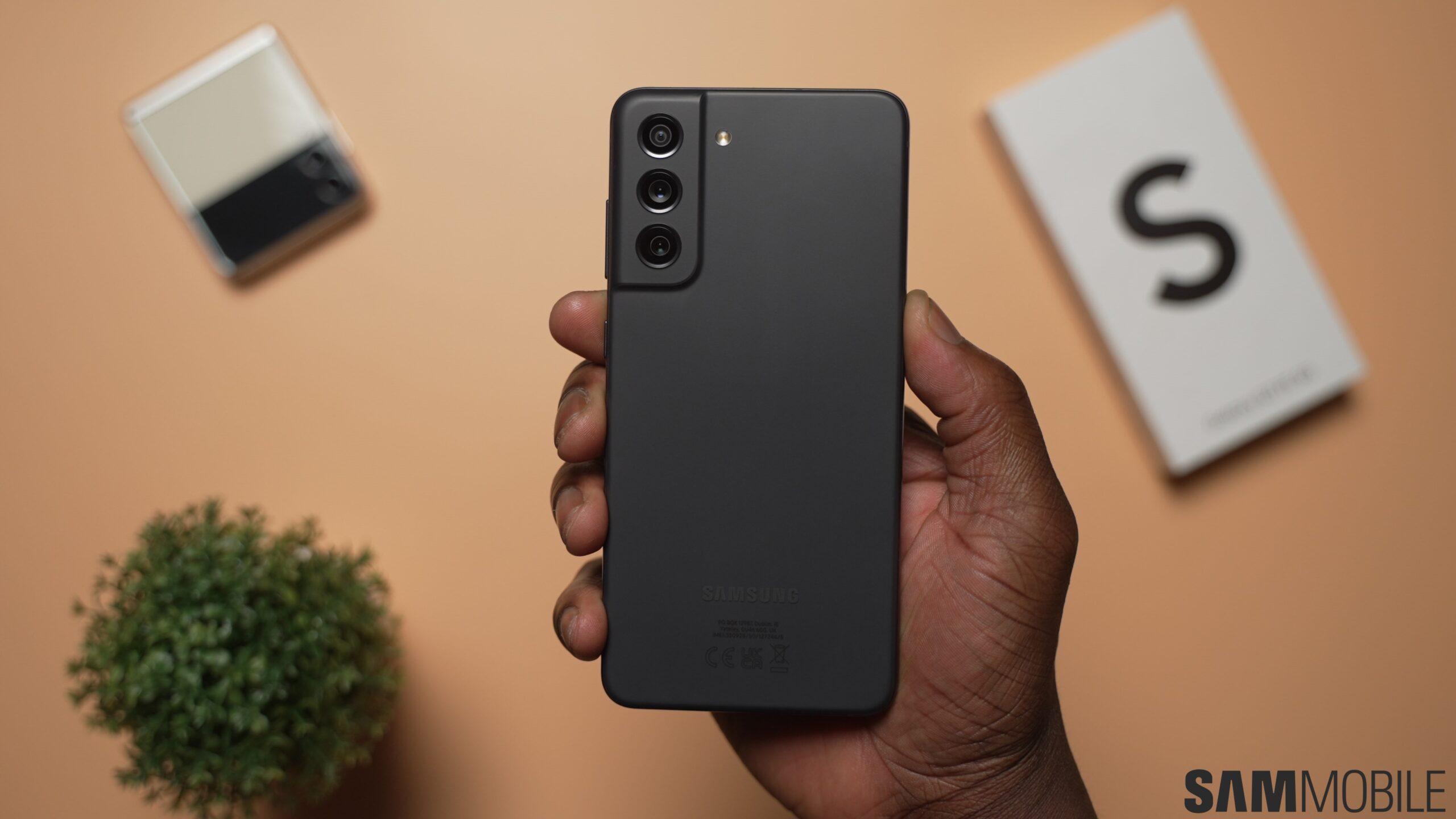
Then came a period of consolidation as many of those OEMs fizzled out. Samsung reduced the overall number of devices it released in a year and focused on providing more value instead. That's what brought us the era of feature-packed Galaxy A and other mid-range series. The company then switched things up a few years later when it started launching multiple models of its flagship phones.
Since then, the Galaxy S series has grown from one new model per year to three. Up until a few years ago, Samsung was also putting out two new Galaxy Note models a year also. The flagship Galaxy S lineup has also been expanded to three models. The foldables are at two models per year as well, but at least it's justifiable since they're different form factors.
Samsung brought back the Fan Edition or FE model back in 2020 with the Galaxy S20 FE. This was in response to the pandemic that had severely limited customers' ability to buy expensive phones. The company offered them an affordable premium phone at a very competitive price. The device was very well received and its sales performance was impressive.
It was fine as long as Samsung was keeping the FE limited to just one device. Now it seems that the company is using this as a way to dump “new” devices on the market. In the coming weeks, you'll see Samsung launch the Galaxy S23 FE, Galaxy Tab S9 FE, Galaxy Tab S9+ FE, and the Galaxy Buds FE. It's an entire lineup of mobile devices that don't really bring anything new to the table.
No new technologies are introduced with FE devices. They're put together from bits and pieces of other Galaxy devices. For example, the upcoming FE tablets use the Exynos 1380 chipset that Samsung introduced with the Galaxy A54 5G. The Galaxy S23 FE's Exynos 2200 chipset is the same one that was introduced with the Galaxy S22 last year. This is ostensibly a way for Samsung to clear its component inventory in a way that also allows it to increase its overall shipment numbers for the year.
Evidently these devices can't match current devices when it comes to performance. They offer last generation's internals in a new package. The question has to be asked, couldn't the same objective be achieved by simply a price cut on previous generation devices? Why must Samsung continue to sell the Galaxy Tab S8 and Tab S8+ alongside the Galaxy Tab S9 FE and Tab S9 FE when the former already offers better specs?
There's not going to be much price difference in the real world either. The Galaxy Tab S9 FE is reportedly going to start at 529 euro and even though the Galaxy Tab S8 starts at 849 euro, you can usually find it for much closer to that price point at any number of retailers. Even if there is a price difference, it's not going to be as significant as the list prices suggest.
For a company that's striving to become more sustainable and environmentally friendly, the environmental footprint of this must be considered also. Millions of units with generation-old hardware must be produced in factories that consume enormous amounts of energy, packed in boxes and wrapped in plastics, to be shipped across the globe via methods that guzzle fossil fuels by the boatload, to what end? To consistently ship more than 220 million units per year, even if they don't end up being sold to customers in great numbers and ultimately cleared out by retailers at discounts after a year? That doesn't sound too sustainable.
If the entire idea is to provide customers with a more affordable option that's close to its flagships in performance and capabilities, why not just discount the generation-old devices to begin with? Perhaps Samsung feels that would cannibalize its current devices as more people would just buy the previous year's models and that cycle will continue to impact the sales of its new devices. That sounds like a problem of Samsung's own making but spamming the market with new Fan Edition devices hardly sounds like the solution.














